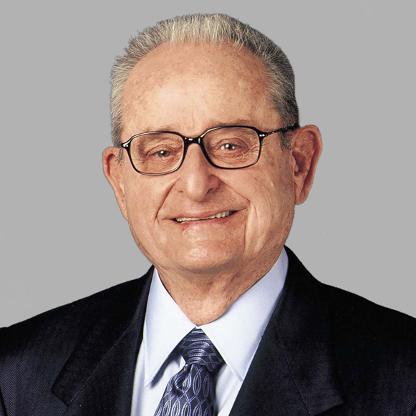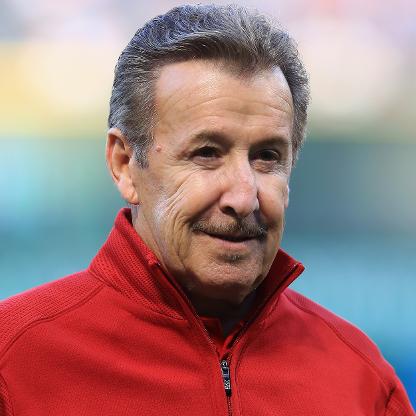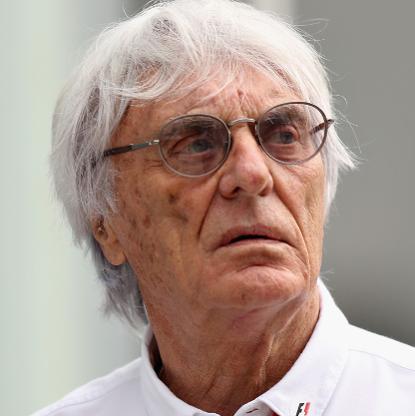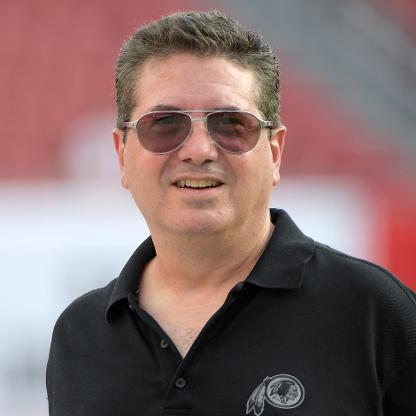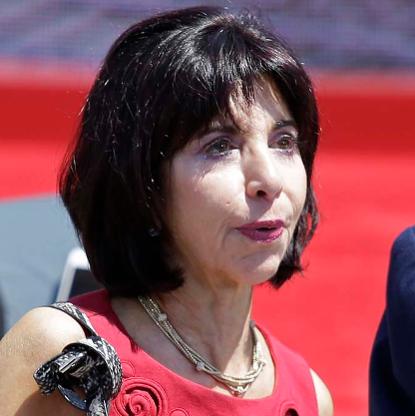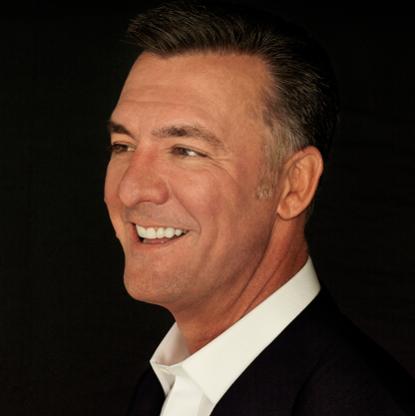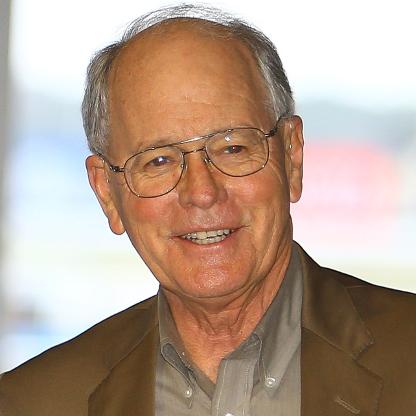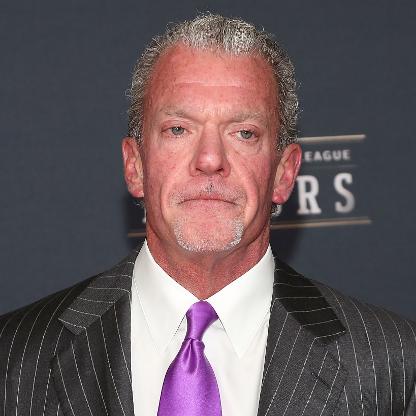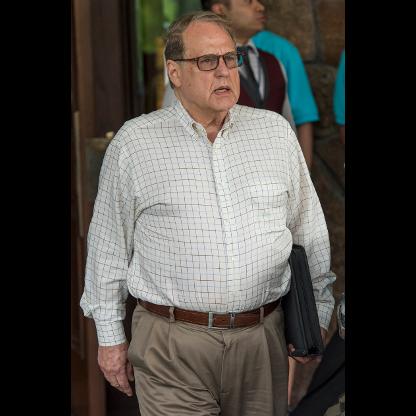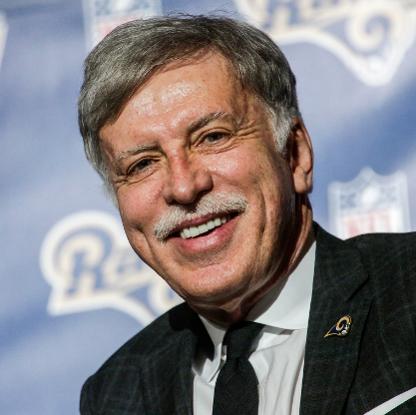Following the Manchester United board's search for new Investors, the Glazers purchased their first tranche of Manchester United shares on 2 March 2003, spending around £9 million on a 2.9% stake, which they purchased through a holding company called Red Football. On 26 September 2003, it was reported that they had increased their share to 3.17%, taking their shareholding above the 3% threshold that required them to inform the club's management. There had already been considerable speculation about the possibility of a takeover of the club, either by the Glazers or by one of several other interested parties. By 20 October, they had increased their shareholding to 8.93%, and on 29 November it was reported that they owned around 15% of the club and had met David Gill, its chief executive, to discuss their intentions. On 12 February 2004, the Glazers increased their stake in the club to 16.31% and the following day's Financial Times reported that they had instructed Commerzbank to explore a takeover bid. The club's share price increased by 5% that day, valuing the club at a total of £741 million. The Glazers increased their shareholding to over 19% the following June, although they were still not the largest shareholders. Their shareholding continued to increase, nearing 30% by October 2004. Upon reaching 30%, they would have to launch a formal takeover bid.
